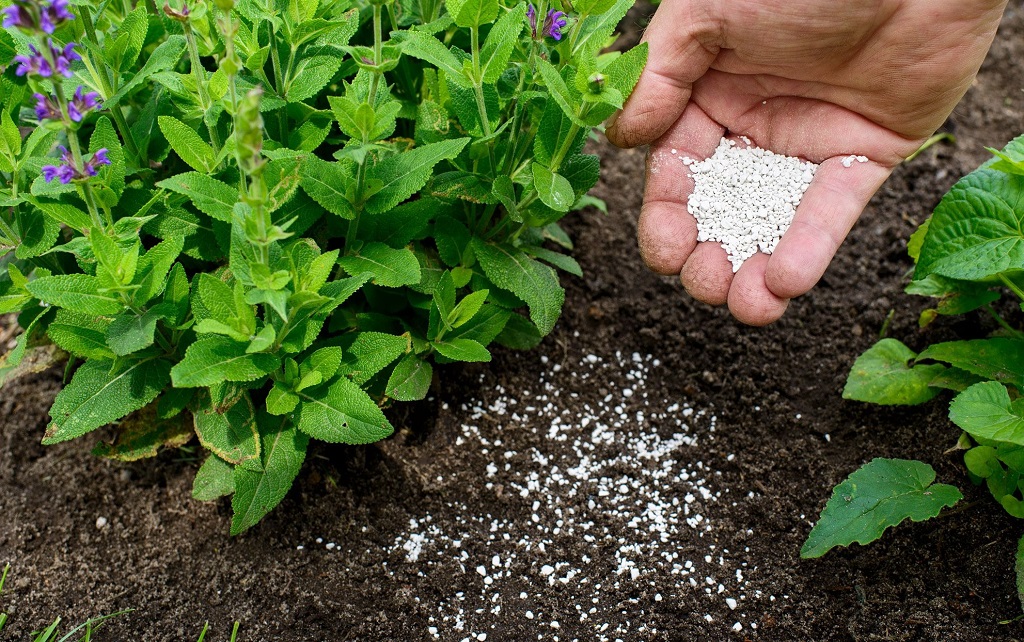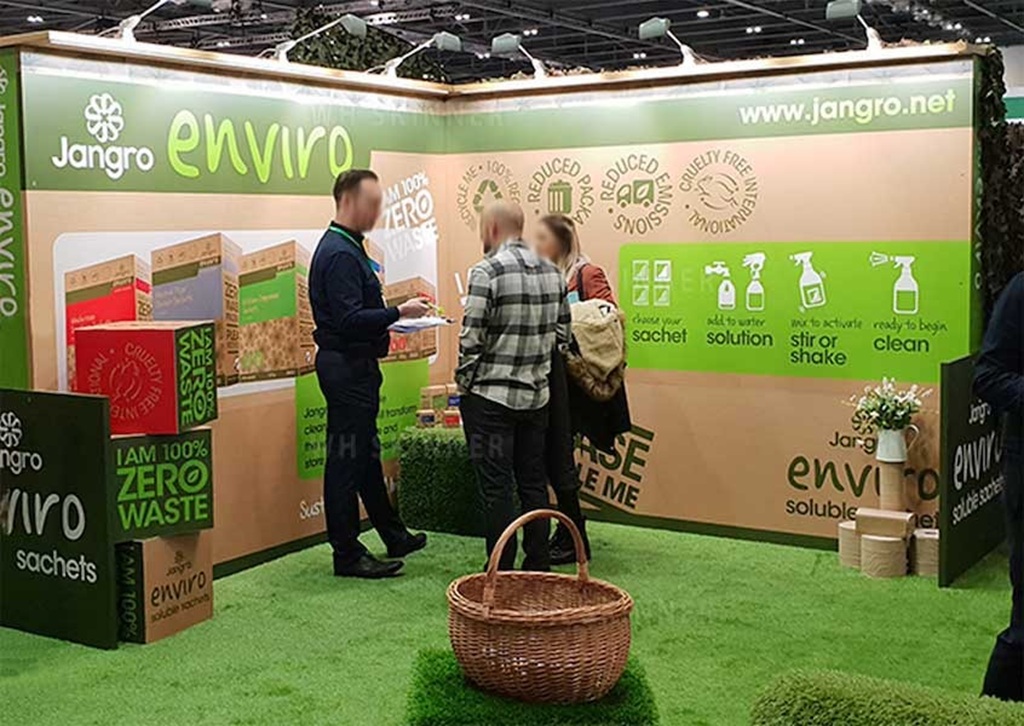Did you know that over 40% of household chemical runoff comes from synthetic fertilizers, contributing to water pollution and soil degradation? As more gardeners become environmentally conscious, the shift toward eco-friendly plant food has become not just a trend, but a necessity for sustainable gardening practices. Natural plant fertilizers offer a powerful solution that nourishes your plants while protecting our planet’s delicate ecosystems.
What Makes Plant Food Eco-Friendly?
Eco-friendly plant food, also known as organic plant fertilizer, consists of natural ingredients that feed plants without harming the environment. Unlike synthetic fertilizers that contain artificial chemicals, sustainable plant nutrition relies on organic matter, beneficial microorganisms, and naturally occurring minerals.
The key characteristics of environmentally safe plant food include:
Biodegradable components that break down naturally without leaving harmful residues in soil or water systems. These organic materials integrate seamlessly into the natural nutrient cycle, supporting long-term soil health rather than depleting it.
Slow-release nutrients that provide consistent feeding over extended periods, reducing the risk of nutrient burn and minimizing runoff into waterways. This gradual nutrient release mirrors nature’s own feeding process, creating healthier root systems and more resilient plants.
Beneficial microorganisms that enhance soil structure and improve nutrient availability. These living components create a thriving soil ecosystem that supports plant growth while maintaining environmental balance.
Types of Natural Plant Food Options
Compost-Based Fertilizers
Compost represents the gold standard of eco-friendly plant nutrition. Rich in organic matter and beneficial microorganisms, compost-based fertilizers improve soil structure while providing essential nutrients. Homemade compost from kitchen scraps and yard waste creates an excellent foundation for sustainable gardening practices.
Well-aged compost contains balanced levels of nitrogen, phosphorus, and potassium, along with trace minerals that plants need for optimal growth. The slow decomposition process ensures steady nutrient release throughout the growing season.
Liquid Organic Fertilizers
Liquid plant food made from natural ingredients offers quick nutrient uptake for plants needing immediate nutrition. Fish emulsion, seaweed extract, and compost tea provide readily available nutrients while supporting beneficial soil microbes.
These liquid fertilizers work particularly well for container gardens and indoor plants, where traditional compost application may be impractical. The concentrated nature of liquid organic fertilizers makes them efficient for targeted plant feeding.
Granular Organic Options
Granular eco-friendly fertilizers combine various organic materials into convenient, easy-to-apply pellets. These products often contain ingredients like kelp meal, bone meal, blood meal, and rock phosphate, providing comprehensive plant nutrition.
The granular format allows for precise application and extended nutrient release, making them ideal for established gardens and landscape maintenance. Many gardeners prefer granular organic fertilizers for their convenience and effectiveness.
Benefits of Choosing Sustainable Plant Nutrition
Environmental Protection
Green plant food significantly reduces environmental impact compared to synthetic alternatives. Natural fertilizers don’t contribute to groundwater contamination or create harmful algae blooms in waterways. The organic matter in eco-friendly fertilizers actually improves soil structure, preventing erosion and supporting water retention.
Chemical-free fertilizers also protect beneficial insects, earthworms, and other soil organisms that play crucial roles in healthy ecosystems. This biodiversity support creates more resilient gardens that can better withstand pests and diseases naturally.
Long-Term Soil Health
Sustainable plant nutrition focuses on building soil health rather than just feeding plants. Organic fertilizers add humus to soil, improving its ability to retain moisture and nutrients. This enhanced soil structure creates better root environments and reduces the need for frequent watering and feeding.
The microbial activity stimulated by organic plant food creates a living soil ecosystem that continues to benefit plants long after initial application. This self-sustaining system reduces the need for constant fertilizer inputs while improving overall garden productivity.
Plant Health and Resilience
Plants grown with eco-friendly fertilizers often demonstrate superior disease resistance and stress tolerance. The balanced nutrition provided by organic materials supports strong cellular development and robust immune systems in plants.
Natural plant food also promotes deeper root development, helping plants access water and nutrients more effectively during challenging conditions. This improved root health translates to stronger, more productive plants that require less maintenance over time.
DIY Natural Plant Food Recipes
Creating homemade organic fertilizer allows gardeners to control ingredients while reducing costs. These simple recipes provide effective plant nutrition using common household and garden materials.
Banana Peel Fertilizer
Banana peels contain high levels of potassium, making them excellent for flowering plants and fruit production. Chop banana peels into small pieces and bury them around plants, or create banana peel tea by soaking peels in water for several days.
This potassium-rich fertilizer works particularly well for tomatoes, peppers, and flowering annuals. The slow decomposition of banana peels provides sustained nutrient release throughout the growing season.
Coffee Ground Compost
Used coffee grounds offer nitrogen and organic matter that improve soil structure. Mix coffee grounds with brown materials like leaves or paper to create balanced compost, or apply directly around acid-loving plants like blueberries and azaleas.
Coffee grounds also help retain soil moisture and can deter certain garden pests. Their fine texture integrates easily into soil, providing immediate and long-term benefits for plant health.
Eggshell Calcium Supplement
Crushed eggshells provide calcium that prevents blossom end rot in tomatoes and strengthens cell walls in all plants. Wash and dry eggshells, then crush them into small pieces before working into soil around plants.
This calcium-rich amendment particularly benefits vegetables in the nightshade family and helps maintain proper soil pH levels. The slow release of calcium from eggshells provides season-long nutrition without risk of over-fertilization.
Application Tips for Maximum Effectiveness
Timing and Frequency
Apply eco-friendly plant food during active growing seasons when plants can best utilize nutrients. Spring applications support new growth, while fall feeding helps plants prepare for winter dormancy.
Most organic fertilizers require less frequent application than synthetic alternatives due to their slow-release nature. Monitor plant response and soil conditions to determine optimal feeding schedules for your specific garden situation.
Proper Application Methods
Work granular organic fertilizers into soil around plants rather than simply sprinkling on the surface. This ensures better nutrient uptake and reduces the risk of fertilizer waste through runoff or evaporation.
For liquid fertilizers, apply during cooler parts of the day to prevent leaf burn and maximize absorption. Water thoroughly after application to help nutrients reach root zones effectively.
Soil Testing and Adjustment
Regular soil testing helps determine specific nutrient needs and pH levels, allowing for targeted organic fertilizer applications. Most plants prefer slightly acidic to neutral soil conditions for optimal nutrient uptake.
Adjust application rates based on soil test results rather than following generic recommendations. This precision approach maximizes fertilizer effectiveness while minimizing environmental impact.
Common Mistakes to Avoid
Many gardeners make the mistake of over-applying organic fertilizers, thinking that “natural” means “harmless.” Even eco-friendly plant food can cause problems when used excessively, leading to nutrient imbalances and poor plant performance.
Another common error involves applying fresh organic materials directly to plants without proper composting. Raw materials can burn plant roots and may contain harmful pathogens that could damage garden plants.
Timing mistakes also frequently occur, with gardeners applying fertilizers during dormant periods when plants cannot effectively utilize nutrients. This waste reduces fertilizer effectiveness and may contribute to environmental problems.
The Future of Sustainable Gardening
As environmental awareness continues growing, eco-friendly plant food options continue expanding and improving. New technologies are developing more efficient organic fertilizers that provide better nutrition while further reducing environmental impact.
The integration of beneficial microorganisms into commercial organic fertilizers represents an exciting development in sustainable plant nutrition. These living fertilizers create self-sustaining soil ecosystems that support long-term garden health.
Consumer demand for environmentally responsible gardening products drives innovation in natural fertilizer development, ensuring that eco-friendly options will continue improving in effectiveness and availability.
Ready to Transform Your Garden Naturally?
Making the switch to eco-friendly plant food represents a powerful step toward sustainable gardening that benefits both your plants and the environment. Start by evaluating your current fertilizer practices and identifying opportunities to incorporate natural alternatives.
Begin with simple changes like composting kitchen scraps or trying one homemade fertilizer recipe. As you gain experience with organic plant nutrition, you can gradually expand your sustainable gardening practices.
Read More Also: A Bridge to Beauty: A Wooden Bridge into Your Flower Garden
Take action today: Choose one eco-friendly plant food option from this guide and implement it in your garden this week. Your plants will thrive, your soil will improve, and you’ll contribute to a healthier planet for future generations. Share your sustainable gardening journey with fellow gardeners and inspire others to make the switch to natural plant nutrition.





